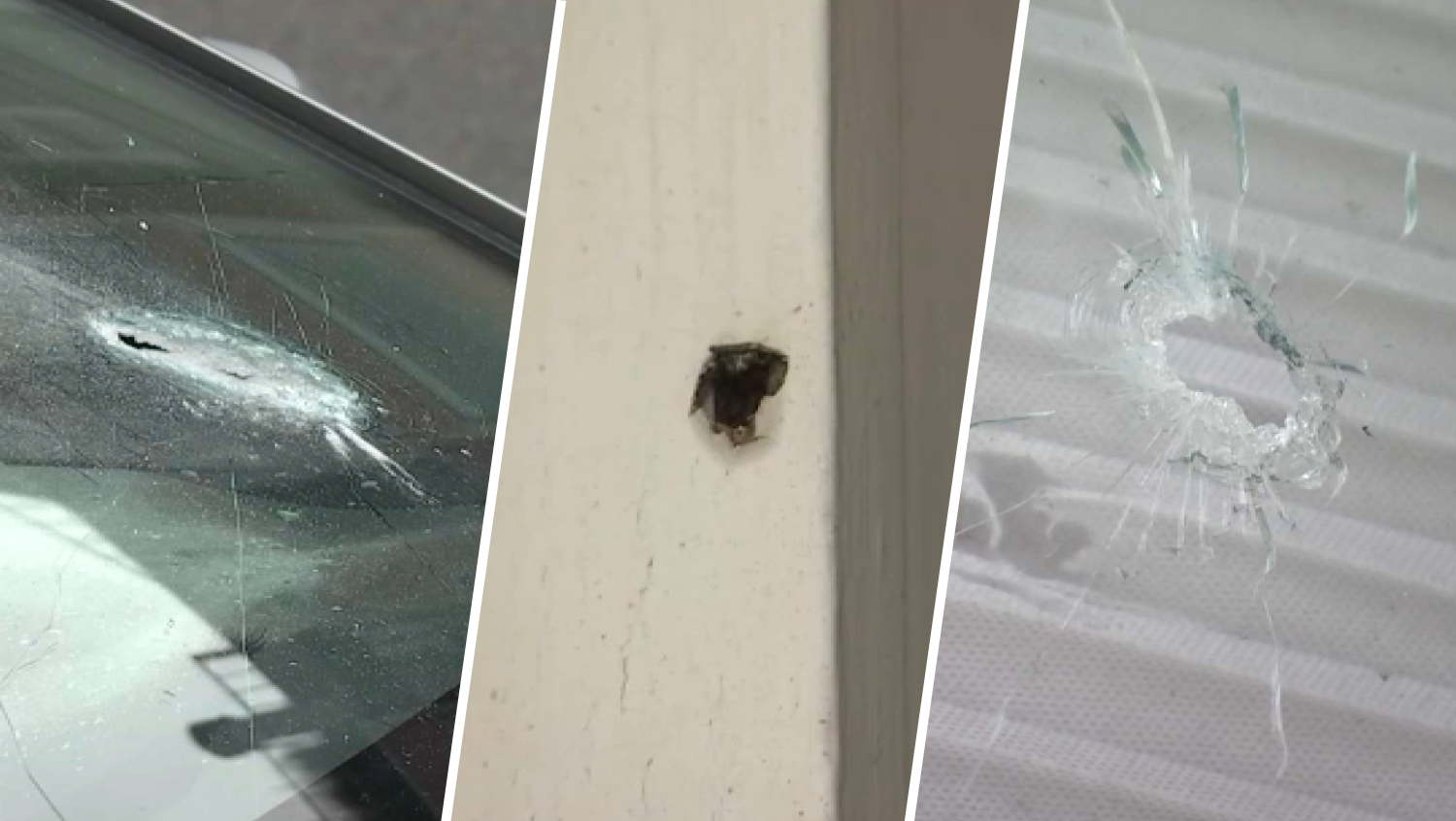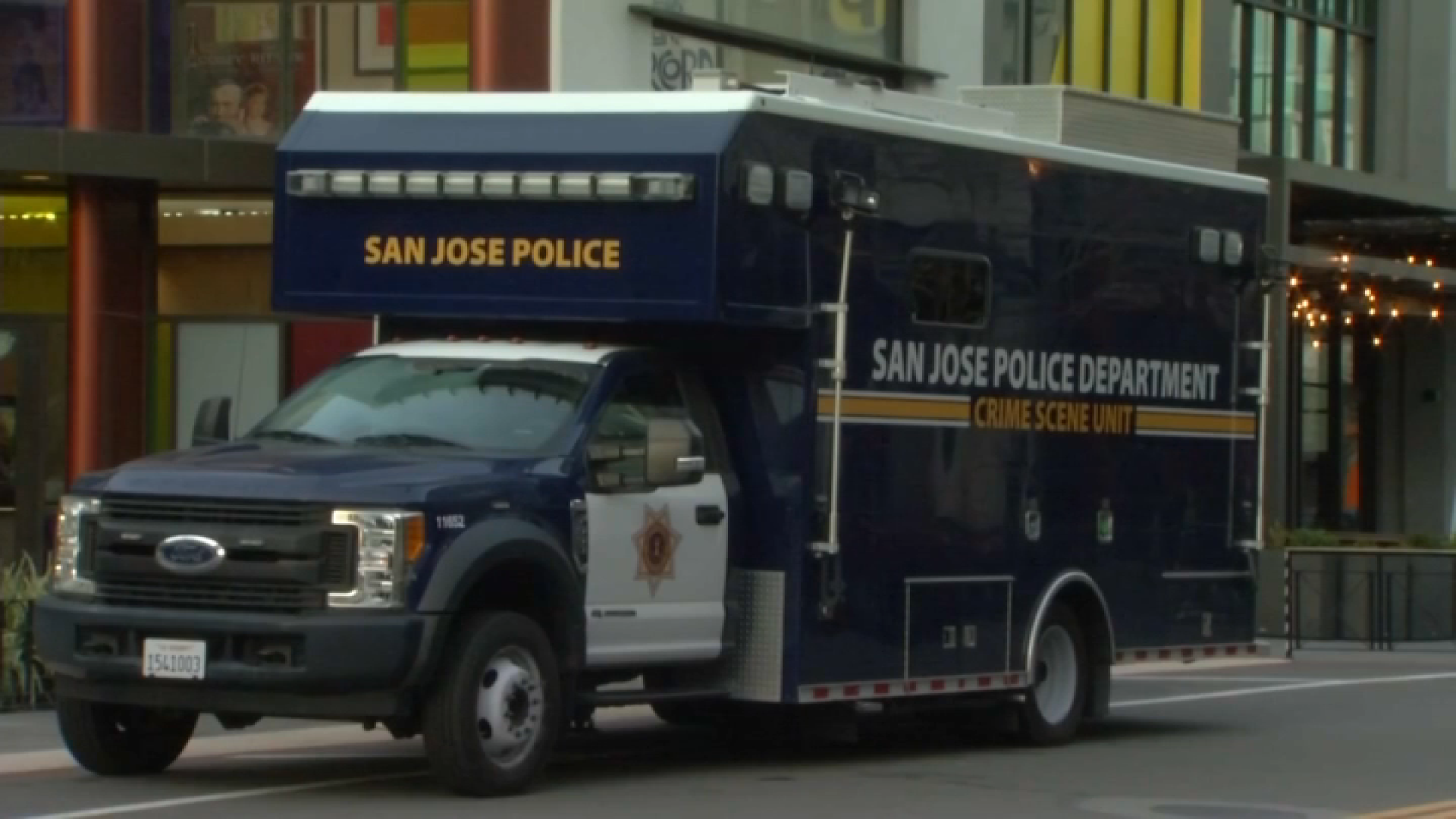The “Stab-Lok” circuit breaker and panel produced by Federal Pacific Electric (FPE) installed in hundreds of thousands of homes in the Bay Area may cause house fires, according decades of documentation and electrical experts interviewed by the NBC Bay Area Investigative Unit. Stab-Lok circuit breakers are most commonly found in houses built before 1990.
Click here to see how to determine if your home has a Federal Pacific Stab-Lok circuit breaker.
Information and lab tests uncovered by the NBC Bay Area Investigative Unit show many Federal Pacific Electric Stab-Lok breakers will not trip, continuously providing electricity to the short circuit, which can cause intense heat and in some cases fire. When working properly, circuit breakers are designed to prevent fires. They are designed to cut off the flow of electricity when charged with excessive electrical demand or short circuit, also known as “arching.”
“There is no inconsistency and no dispute in the fact that they are defective,” says Jesse Aronstein, an engineer, who has spent more than 20 years researching FPE Circuit Breakers.
Aronstein has testified in lawsuits against FPE and warned, “The breaker is a safety device that is supposed to prevent fires, if it doesn’t work as required, you get an increased risk of fire.”
NBC Bay Area spoke with a Bay Area attorney representing Federal Pacific and she declined to comment on the information included in this investigation.
The Investigative Unit asked how did a defective product meant to provide safety, get into millions of homes? And how can a defective circuit breaker pass federal inspection plus get the UL stamp of approval? According to Aronstein, the answer is simple. He says the company cheated. “FPE was cheating on the testing and applying the label to a product that was defective and did not meet the requirements,” Aronstein claims.
His allegation is supported by
this document obtained by NBC Bay Area. The 1982 Securities and Exchange Commission filing by Reliance Electric, the company that purchased FPE says, “UL listings on circuit breakers made by Federal Pacific have previously been obtained through the use of deceptive and improper practices.”
Aronstein told NBC Bay Area the deceptive and improper practices included tricking UL inspectors by using a hidden remote control to force the breaker to trip if it was not tripping properly.
After years of researching the issues with Federal Pacific circuit breakers, Aronstein believes they are responsible for approximately 2,000 fires nationwide each year.
Investigative Reporter Tony Kovaleski also interviewed Bay Area electrical contractors and engineers. Geoff Williams is a master electrician, who has replaced Stab-Lok electrical breaker panels in Bay Area homes and businesses for decades. Williams says his personal experience is consistent with Aronstein’s testimony.
Williams says he has witnessed Federal Pacific Stab-Lok failures on multiple job sites. “I’ve seen so many places burned by these panels,” said Williams. “It’s frightening to me every time I see it.”
Williams recalled a morning in 1979, he says he nearly lost his life in a crawl space under a Bay Area house. Williams said that as he approached a circuit breaker panel, “It lit up cherry red. It lit up that crawl space like the gates of hell. It could have killed me.”
Williams says it was an FPE Stab-Lok panel. “I had to role and approach that panel through a small opening through the crawl space and shut it off manually.” He added, “With the fire shooting flames at my face.”
NBC Bay Area had FPE Stab-Lok circuit breakers tested at the Berkeley Research Company. Bernard Cuzzillo has a Ph. D. in electrical engineering, is a fire specialist and owns BRC. Cuzzillo tested a dual pole 60 amp breaker, similar to the ones tested by Underwriter Laboratories and to the ones found in homes in the Bay Area.
To test the circuit breaker, he forced double the electrical current it’s capable of handling and timed it. Cuzzillo says if working properly the Federal Pacific circuit breaker should have tripped in less than two minutes. At one minute ten seconds, Kovaleski noted smoke coming out of the breaker.
Kovaleski and Cuzzillo watched the circuit breaker smoke for more than four minutes. “It’s smoking and it hasn’t tripped. Why not?” asked Kovaleski. “Because the mechanical mechanism that is supposed to be tripping the mechanism is stuck,” replied Cuzzillo. The expert says, therein lies the problem with FPE Stab-Loks.
It reads, "There have been two instances of failures with the old Federal Pacific Electric secondary distribution panel. Failure of this old equipment has caused delays to BART train service and created potentially unsafe conditions."
In the small town of El Sobrante just north of Berkeley, NBC Bay Area spoke with retired electrician and homeowner Daniel Schmidt. Schmidt decided to remove his Federal Pacific Stab-Lok panel. Years of electrical work taught him that if he ignores FPE’s history, the inevitable might happen. “It’s a panel that’s got quite a reputation,” he said.
Schmidt lives in the home with his wife and two dogs. They’ve also raised two boys in El Sobrante.
A new electrical system removes a lingering issue from their lives, but more importantly, the investment also brings security. “I know it’s going to be safer,” he added.
The Federal Pacific Electric company no longer exists but experts estimate millions of defective circuit breakers it manufactured remain in homes all over the country. Published reports show not every Federal Pacific circuit breaker is defective. In the wake of the controversy, Underwriters Laboratories (UL) removed the U-L listing for the breakers, but not before millions were sold and installed in homes built from the 1950s to the 1980s.
In recent years, some of the breakers have been modified and did pass U-L inspection.
The Consumer Product Safety Commission did conduct additional testing of the Federal Pacific circuit breakers in the 1980s. Controversy and legal challenges followed the testing. Many called on the CPSC to recall the breakers, but they were never recalled. Some experts have said the CPSC did not recall the Federal Pacific circuit breakers because it did not have the budget to battle a possible legal fight from Federal Pacific’s then-parent company.
If you have witnessed a problem with Federal Pacific circuit breakers, the Consumer Product Safety Commission asks that you file a report at
www.saferproducts.gov.
To view the video click here:



